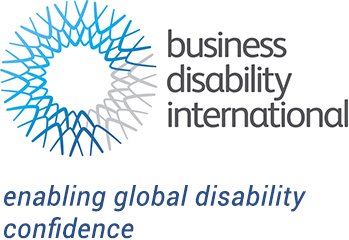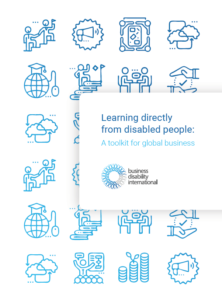When is Equality not Equality?

Some of you will have seen this graphic, (it’s been used online many times*) but it has not yet been explored from the perspective of disability.
If we stick with the analogy, disability specific barriers must be removed if people with disabilities are to be treated equitably in the first place. If they can’t get through the inaccessible website to buy their ticket and then can’t get past the ticket barrier… they will never reach that lovely fence that lets everybody see the baseball game.
Our challenge worldwide is that time and time again the exclusion of disabled people is assumed to be not ‘unfair,’ nor ‘inequitable,’ but, well, natural and unavoidable – that extra crate in the photo for the person of short stature to stand on (if not a child!) is always just too much trouble….
Chances are that if a disabled sports fan had suggested that wire fence, the answer would have been “Sorry, we haven’t got the budget, and there aren’t enough of ‘you’ to justify trying to find the cash”.
So what does equality vs equity mean in practice for the 1billion+ disabled people around the world, and for the organisations who employ and do business with them? Isn’t it interesting that we use the word Equity, meaning impartiality and fairness, so rarely?
Treating people equally…
Most organisations, small and large, public and private, now almost exclusively use online recruitment to source key talent. Your organisation probably does too. One system, one platform, same for everyone – that’s equality, right?
- Only you’ve just missed out on the award-winning Masters from Oxford graduate – who had ME during his high school years, so has been screened out by your algorithm because he failed to get a C grade in high school Maths or GSCE (in the UK).
- You’ve also just lost out on the highly experienced lawyer, 5 years qualified – who can’t use your website, because no one thought to make it compatible with the screen-reader she needs to use now that she’s losing her sight.
Not so equal – nor fair – then is it?
Treating people equitably…
We call this treating people differently to treat them fairly. Generally this means making adjustments for individuals and removing barriers for groups:
- Your boss is allowed to work from home for a month after her hip operation as travel is challenging
- You buy a specific mouse for an employee with early-onset arthritis
- You make sure that your worldwide retail estate of shops, offices, call centres and factories are all accessible to wheelchair using customers and colleagues, even when local legislation does not require it.
Some businesses do this with ease, others not so well. Here are a few questions you might like to ask yourself:
- How quickly does your business respond to requests for flexibility and adjustments from valued colleagues?
- Do you act consistently from country to country? Surely it’s not right that people are differently depending on whether they are in Cairo, Cape Town or California?
Removing the systemic barriers…
At an individual level making reasonable adjustments should be easy BUT global organisations are complex entities.
Policy may be set in one country or by HQ but enacted around the world with unintended consequences, impacting your business performance in ways that no one has even considered.
For example, if you were an employee with dyslexia (it is estimated around 10% of the UK workforce is dyslexic), most managers would want to help you be as productive as possible
- Only you can’t change the colour of your screen because it’s blocked by IT security. Company IT policy is set at global level in the USA and cannot be adapted for anyone locally, regardless of whether you are the janitor or a senior VP.
- Also, that $75 software you requested is not on the ‘approved’ procurement list, so the exception request is likely to take 6 months to resolve. In the meantime, you just have to ‘make do’
And multiple days of productivity are lost to the company.
Thinking about accessibility and learning how to treat everyone fairly doesn’t happen overnight. It involves careful thought to change the culture, the language, the processes and policies. Global business needs policies which enable national leaders to remove obstacles for groups and adjust for individuals – global HQ has the power to enable equitable and consistent treatment worldwide.
We call organisations that are doing this well ‘disability confident.’
(*We have been unable to find out the original author to attribute it to them – if anyone knows, please tell us).




Leave A Comment